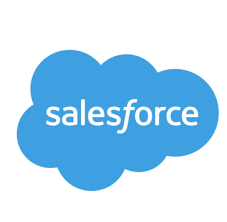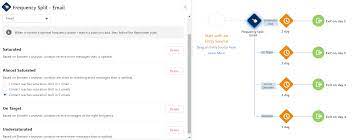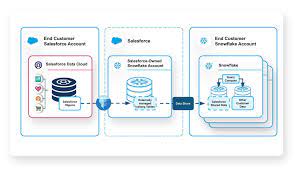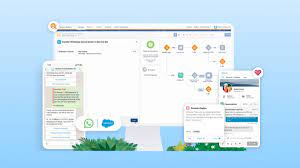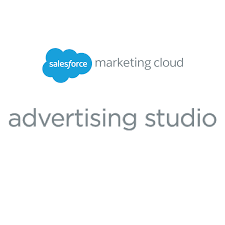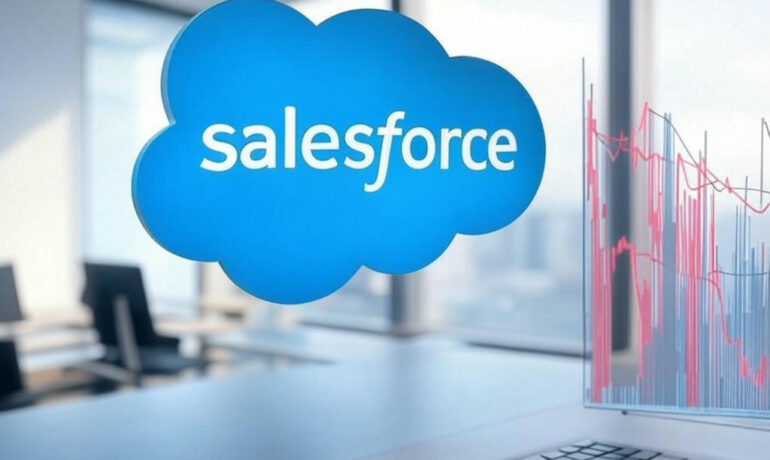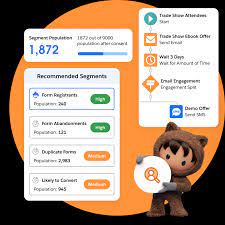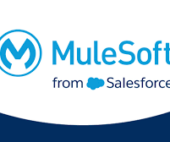Email Templates in Marketing Cloud
Take your email marketing endeavors to new and amazing heights with Salesforce Marketing Cloud (SFMC), leveraging the prowess of AI-driven personalization and streamlined campaign management. Email Templates in Marketing Cloud are a great tool. Salesforce Marketing Cloud empowers you to seamlessly integrate all your campaigns, from transactional to promotional messages, while efficiently managing your email sender score. With SFMC’s consolidated platform, you can effortlessly select the perfect content for each customer from a centralized library, ensuring a tailored and captivating experience. If you’re new to constructing Marketing Cloud Email templates, don’t worry! Free online resources are available to guide you through the process. Dive into the art of building reusable email templates in Salesforce Marketing Cloud with this comprehensive step-by-step insight: In the space of email marketing, timing is crucial, and SFMC understands this reality and aids you in getting the timing right. Whether it’s sending a timely thank-you note or a birthday greeting, SFMC equips email marketers with the necessary tools to respond promptly and efficiently to their subscribers’ needs. One such tool is the creation of reusable email templates, streamlining the process of crafting personalized and captivating email campaigns. Introduction to Salesforce Email Templates in Marketing Cloud A Salesforce email template serves as a structured foundation for email communications, providing email marketers with a canvas to build upon and personalize. These templates can be customized with brand elements, contact details, and content blocks, facilitating the creation of consistent and visually appealing emails. When digging into the creation of reusable email templates in SFMC, it’s beneficial to visualize the design in three separate layers: Creating Reusable Content Blocks in SFMC Email Studio and Content Builder Before diving into email template construction, it’s crucial to understand the creation of reusable content blocks in SFMC: Creating a Reusable Email Template in SFMC Content Builder: To craft a reusable email template in SFMC Content Builder, adhere to these steps: Modifying a Reusable Email Template in SFMC Content Builder To tweak an existing template: Creating an Email from a Salesforce HTML Email Template in SFMC Content Builder: To generate an email from a template: Saving an Existing Email Message as a Reusable Email Template in SFMC Content Builder Sometimes an email performs so well you want to save it as a reusable template. To preserve an existing email as a template: Mastering email template creation in Salesforce Marketing Cloud is pivotal for efficient and effective email marketing campaigns. By following this insight, you’ll be armed with the knowledge and tools to fashion compelling email templates that foster engagement and yield tangible results. By Tectonic’s Salesforce Marketing Solutions Architect Shannan Hearne Learn about Tectonic’s Marketing Cloud Salesforce Implementation Solutions. Like Related Posts Salesforce OEM AppExchange Expanding its reach beyond CRM, Salesforce.com has launched a new service called AppExchange OEM Edition, aimed at non-CRM service providers. Read more The Salesforce Story In Marc Benioff’s own words How did salesforce.com grow from a start up in a rented apartment into the world’s Read more Salesforce Jigsaw Salesforce.com, a prominent figure in cloud computing, has finalized a deal to acquire Jigsaw, a wiki-style business contact database, for Read more Service Cloud with AI-Driven Intelligence Salesforce Enhances Service Cloud with AI-Driven Intelligence Engine Data science and analytics are rapidly becoming standard features in enterprise applications, Read more







